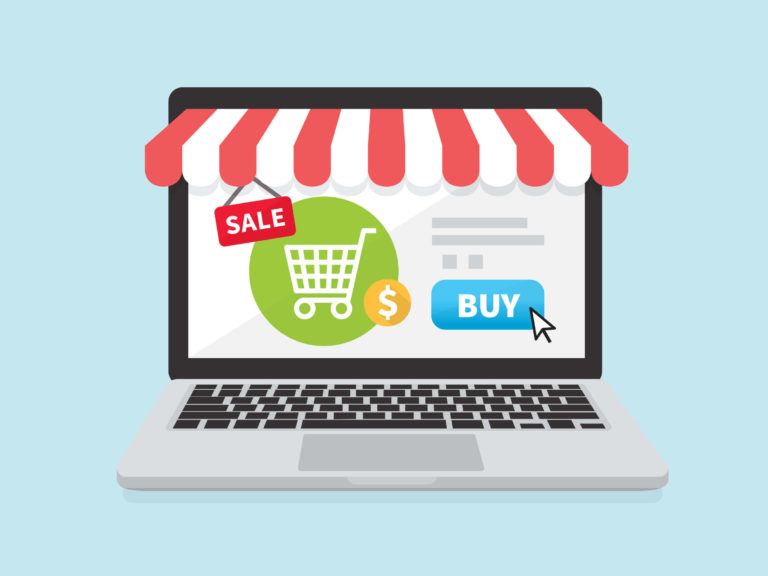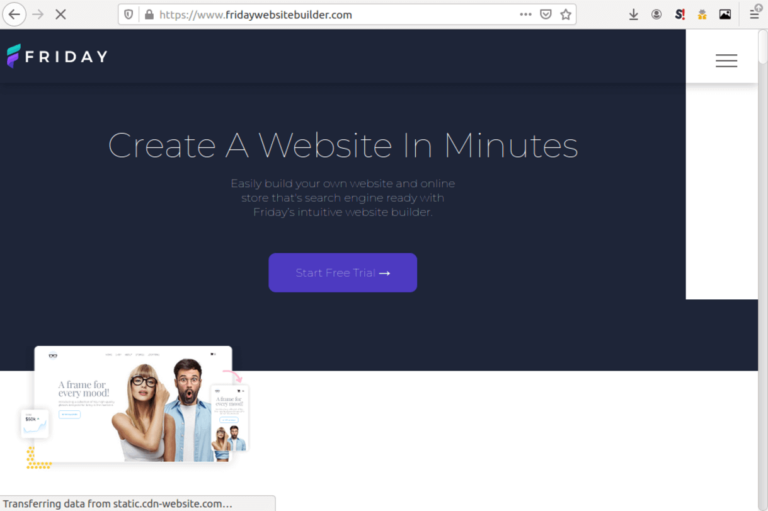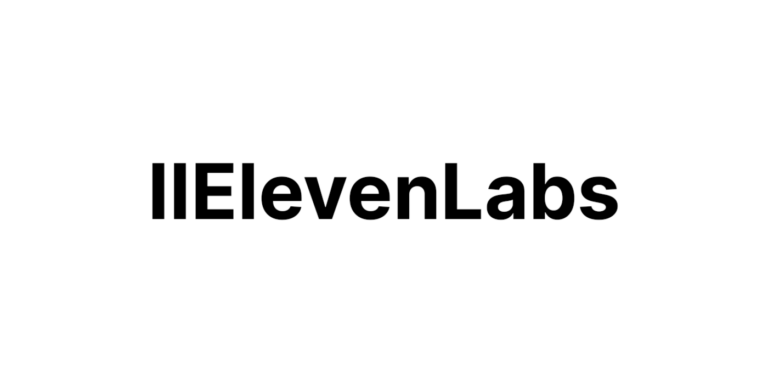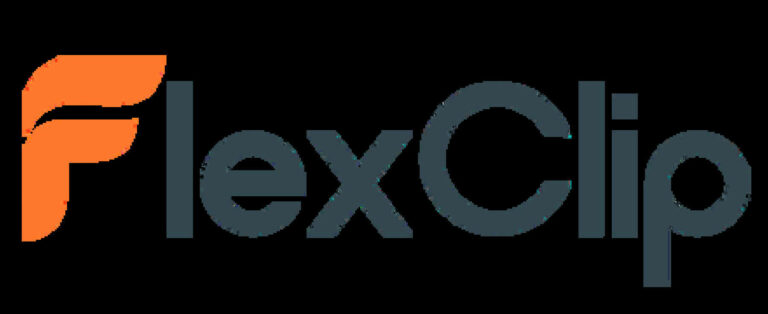10 Best Ecommerce Platforms to Use in 2025
Looking for the best Ecommerce platform to run your business? Read on as we explore the Internet's top 10 offers and how they can help you.

Ecommerce platforms make it easy to sell your goods online by combining a shopping cart with order management, inventory management, and other helpful features.
Several Ecommerce platforms are available on the Internet. But the best one will depend on your personal or business needs; from a simple, online shop for your hobby creations to a full-blown enterprise endeavor.
This post examines the 10 best Ecommerce platforms on the web and presents their most important features and functionalities to help you make the right choice.
Tips For Choosing The Best Ecommerce Platform
Here are some tips to help you choose the best Ecommerce platform for your business.
- Know Your Requirements: There are many types of Ecommerce platforms, ranging from hosted to self-hosted, cloud-based, mobile, social media, subscription-based, and free and open-source. So, you should first consider the requirements of your business to discover which platform type will best suit your needs.
- Payment & Shipping Features: These are usually built-in, but they are not always similar. So, it’s up to you to make sure that a potential platform choice includes the right payment and shopping features for your business.
- Consider Costs: From free to beginner plans that cost a few dollars a month, to enterprise solutions that cost thousands of dollars each month, there is a solution for each business type and budget.
- Mobile & User Friendliness: Unless you have reasons to believe otherwise, you should equally make sure that the platform is user-friendly in every way, including mobile friendliness.
- Consider Security & Scalability: At the very least, you want a platform with SSL encryption to protect your business’ and customers’ data. Also consider scalability, which is the ability of a website to handle a surge in customers and orders.
- Customer Support: If you are not software savvy or often need someone to hold your hand and teach you how software solutions work, then consider going for a platform with good customer support.
Best Ecommerce Platforms
| Rank | Name | Highlights | Pricing | Website |
|---|---|---|---|---|
| 1. | WooCommerce | WordPress-based, flexible, FOSS | Freemium | woocommerce.com |
| 2. | Shopify | Simple, easy, hosted solution | $5 / mo | shopify.com |
| 3. | Square Online | Flexible, scalable, easy | Freemium | squareup.com |
| 4. | BigCommerce | No transaction fees, unlimited | $29 / mo | bigcommerce.com |
| 5. | Ecwid | Cloud-based, social, $0 fees | Freemium | ecwid.com |
| 6. | Big Cartel | For artists, makers, creators | Freemium | bigcartel.com |
| 7. | Wix | Templates, hosted, integrations | Freemium | wix.com |
| 8. | Adobe Commerce | Magento-based, powerful, flexible | Freemium | adobe.com |
| 9. | Weebly | For beginners, hosted, support | Freemium | weebly.com |
| 10. | OpenCart | Open Source, PHP, 13k+ modules | Free | opencart.com |
1. WooCommerce
Highlights: Free & open-source, flexible, customizable
Pricing: Freemium
Website: woocommerce.com
WooCommerce is a WordPress plugin designed to turn any WordPress website into an online store in just a few minutes. It comes with all basic functionalities straight out of the box and is entirely free and open-source software.
You get shipping options, secure payments, and a mobile app for store and order management, on the go. WooCommerce allows you to sell any type of product, from physical goods to bundles, digital and subscription items.
As with its parent platform, WordPress, you can personally extend WooCommerce’s functionalities to make it function exactly like you want or check out extensions and themes created by others.
WooCommerce is also available for enterprise customers. Simply contact the developers and you will get the best help to build, manage, and scale your dream shop with a dedicated team and priority support.
Keep in mind that while WooCommerce and WordPress are both free, you still need to spend money on hosting, domain name, and marketing. Over 3 million online shops are currently powered by WooCommerce today.
2. Shopify
Highlights: Easy to use, beginner-friendly
Pricing: From $5 per month
Website: shopify.com
Shopify is a beginner-friendly and easy-to-use online Ecommerce solution that makes it easy for anyone to set up a shop and start making money online. It is a hosted solution that takes away all the manual work, so you can focus on your business.
Shopify includes the tools to design and customize your online store’s looks and manage your inventory, orders, shipping, and payments. As well as gain insights into your business and customers.
The service is available in 5 plans, each designed for different business sizes and budgets. The Shopify Starter plan costs $5 per month and includes minimum features for entrepreneurs that sell stuff on social media.
The Basic plan includes reports, multiple inventory locations, and 2 staff accounts for $32 per month. The Shopify account costs $92 per month with up to 5 staff accounts, and so on. Further features include 24/7 support, multiple sales channels, and POS (Point Of Sale) support.
3. Square Online
Highlights: Easy to use, flexible, scalable, POS
Pricing: Freemium
Website: squareup.com
It all started with an idea to make it easy for anyone to accept payments offline, and so the Square POS system was born. Square Online gives that same business an online presence and you can even start for free.
Easily create an online store that accepts orders and helps you manage both your online and in-store sales. Square Online integrates seamlessly with any Square POS to effortlessly manage your inventory and expand your business.
Customers can create accounts, track their orders, and even pay from their mobile devices. The platform also includes flexible shipping and delivery methods, such as in-store pickup, local delivery, and a shipping calculator.
Square Online is a freemium offer with an entirely free plan that only charges 2.9% + 30 cents per transaction. Paid plans start from $29 per month and further include more features.
4. BigCommerce
Highlights: Flexible, scalable, unlimited features, enterprise-grade
Pricing: From $29 per month
Website: bigcommerce.com
More established businesses can check out BigCommerce, as it is more geared towards mature businesses. The platform offers unlimited products, files, staff accounts, and 0% fees.
The smallest plan is the Standard. It costs $29 per month and includes up to 3 storefronts, while the Plus plan includes up to 5 storefronts. There is also a Pro plan for $299 per month and the Enterprise plan.
Further features include POS integration, Facebook/Instagram and Amazon integrations, coupons, multi-currency support, real-time quotes, and multiple inventory locations.
5. Ecwid
Highlights: Cloud-based, multi-channel, flexible plans, $0 fees
Pricing: Freemium
Website: ecwid.com
If you are looking to sell across multiple channels, such as social media, Amazon, on a website, and live in-person, then Ecwid might be worth a closer look.
The platform enables you to control everything from a single dashboard, including order management, centralized inventory, pricing, and so on.
Ecwid is also a freemium offer with a free forever plan, which includes everything you need to start selling up to 5 products, plus $0 in transaction fees. The next plan is the Venture, which costs $14.08 per month for up to 100 products and additionally integrates TikTok ads, automation, mobile apps, and so on.
The other plans are the Business for $29.08 per month and the Unlimited for $82.50 per month with unlimited features.
6. Big Cartel
Highlights: For artists, makers, & creators, simple plans
Pricing: Freemium
Website: bigcartel.com
If you are an artist, maker, or creator of products that you need to sell online or in-person, then Big Cartel could be your Ecommerce platform of choice. It is made by artists for artists and is relatively simple to use.
Big Cartel does not charge a cut from your sales or any fees whatsoever. Just choose a plan from the available 3 plans and that’s it. There is the free Gold plan, the Platinum for $9.99 per month, and the Diamond plan for $19.99 per month.
The Gold plan includes one image per product, free customizable themes, real-time stats, shipment tracking, and more. While Platinum includes 5 images per product, theme code editing, Google Analytics, bulk editing, and more.
7. Wix
Highlights: Free templates, flexible, sub-domains
Pricing: Freemium
Website: wix.com
Wix is a powerful and flexible website builder that can help you to create a wide range of websites, including an online shop. It offers a secure, customizable, and resilient infrastructure, with lots of tools.
You can build your website for free with hundreds of customizable templates, free hosting with the Wix sub-domain, 500 MB of online storage, 1 GB of bandwidth, and hundreds of app integrations.
To accept online payments with Wix, however, you will need to upgrade to their Business Basic plan, which starts at $17 per month. It allows custom domains, removes the Wix branding, and includes 20 GB of storage space, and unlimited bandwidth.
8. Adobe Commerce
Highlights: Magento-based, powerful & flexible
Pricing: Freemium
Website: business.adobe.com/products/magento/magento-commerce.html
Adobe Commerce is Magento, which was bought and repackaged by Adobe. Magento is probably the most powerful and flexible Ecommerce platform on this list. It includes everything you need to sell anything you want to.
From B2B to B2C sales in multiple channels and languages, Adobe Commerce is easy to customize and scale when the need arises. It is the right platform for any organization with big hopes for its online shop.
You can personalize experiences, conduct shopper analysis, expand the platform, and integrate with other helpful tools from Adobe. And of course, if you would like to hack the system and mod it to your liking, you can always get the Magento Open-Source version here.
9. Weebly
Highlights: For beginners, hosted solution, support & community forum
Pricing: Freemium
Website: weebly.com
Weebly is an easy-to-use website builder that makes it easy for anyone to create and run many types of websites, including Ecommerce platforms. It is a great option for beginners.
The Weebly platform is a freemium offer that includes a free plan with SSL security, a shopping cart, inventory management, and even coupon functionality. However, it is limited to use on a Weebly sub-domain.
To get the most from Weebly, and this includes the ability to use a custom domain for your online shop, you will need one of the service’s premium plans. These start from $10 per month and further include 3rd party codes, shipping calculators, and digital goods sales.
10. OpenCart
Highlights: Free and open-source, PHP, self-hosted
Pricing: Free
Website: opencart.com
OpenCart is a powerful PHP-based shopping cart solution that provides all the tools that a business needs to sell its products online and eventually scale operations.
OpenCart integrates all the popular payment gateways and shipping methods, from PayPal to Amazon, Skrill, UPS, FedEx, and so on. It also features extensions and themes, plus easy management through carefully designed and developed modules, including SEO and marketing.
The core software package is free and you can host and modify its code as you like. Furthermore, the OpenCart marketplace features 13k+ modules and themes that allow you to instantly turn it into the platform of your choice.
Frequently Asked Questions
Here are the most frequently asked questions about Ecommerce platforms.
What is the best Ecommerce platform for a beginner?
You can try Weebly, Shopify, or Square Online.
Which Ecommerce platform is the best for small businesses?
Shopify, WooCommerce, and Weebly have proven to be great solutions for small businesses. However, their effectiveness depends on the type of business and whether you are selling through social media or search engines.
What are the different types of Ecommerce platforms?
Ecommerce platforms range from self-hosted to hosted, cloud-based, mobile commerce platforms, social media commerce platforms, and subscription-based platforms.
What are the benefits of using an Ecommerce platform?
An Ecommerce platform provides many benefits, including better customer engagement, easier order and inventory management, data analysis, scalability, and increased reach.
Are there free Ecommerce platforms?
Yes, many self-hosted platforms are free, but you will still need to handle the hosting. Free hosted options come with limitations.
Can I customize my Ecommerce platform?
The ability to customize an Ecommerce platform depends on the platform. Some are very strict or difficult to customize, especially the hosted types, while the self-hosted ones are often very customizable.
Conclusion
We have reached the end of this review of the 10 best Ecommerce platforms on the web and you can see that each one has unique features, which make it ideal for certain user groups.
Where you go from here and which Ecommerce platform you choose is entirely up to you because it all depends on your business needs and budget.




